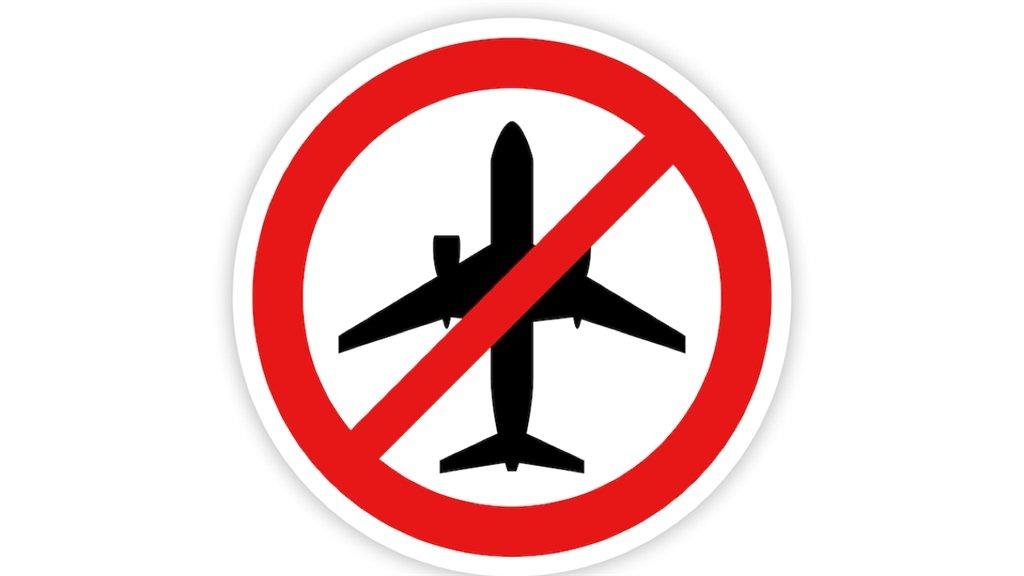Africa-Press – Lesotho. On 30 December, citizens of Israel will be able to travel to nearly all of southern Africa again, and return to only three days of isolation at home. Meanwhile, the residents of those southern African countries may be allowed to enter Israel again by early January, should the country drop its total ban on entry by foreigners, as expected.
That will apply to Lesotho and eSwatini, as well as Namibia, Botswana, Zimbabwe, and Mozambique. As things stand, it will not apply to South Africa. Israel was among the countries that imposed a blanket travel ban on southern Africa, for fear of Omicron.
Those restrictions are being steadily dismantled, though there are still notable exceptions. A panel from Israel’s Health Ministry on Monday announced its intention to massively prune back the red list, dropping nearly 80% of entries.
That will see South Africa’s neighbours move from red to orange, as will the likes of Germany, Italy, the Democratic Republic of Congo, and Ghana. Remaining on the red list will be around a little over a dozen countries, including South Africa, Nigeria, Ethiopia, the United States, the United Kingdom (though not Scotland), Portugal, and Spain.
For countries moving from red to orange, the effect is limited to Israeli residents – though that may change soon. Israel currently bans all entry by foreigners except in extraordinary circumstances, no matter how it categorises the country.
But its Health Minister Nitzan Horowitz said on Sunday that blanket ban may be lifted as soon as this week. Until that happens, Israelis are banned from travelling to red-listed countries, such as South Africa.
Those returning from countries on the red list are required to self-isolate for a full 14 days. Travel to countries on the orange list is strongly discouraged, but legal.
For the fully vaccinated returning from an orange-list country, isolation may be reduced to three days, subject to a negative PCR test on the third day.
For More News And Analysis About Lesotho Follow Africa-Press






